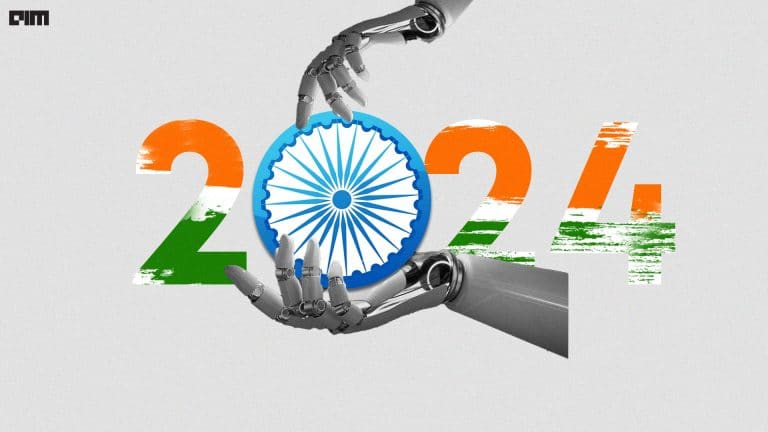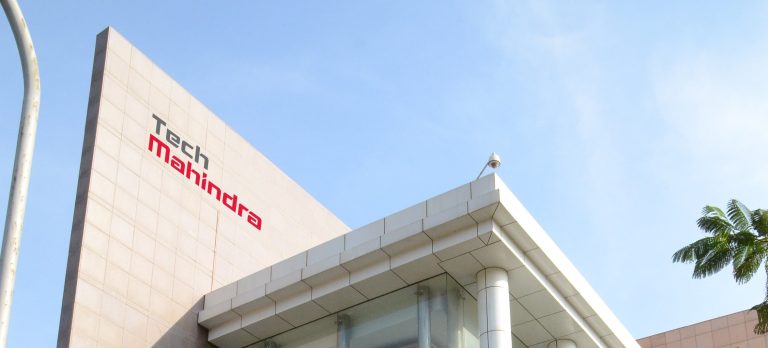|
Listen to this story
|
The IT sector in India churns out nearly 2 million carbon emissions every year. Today, there is a growing consensus among large corporations to reduce their carbon footprints. IT giants such as Infosys, Wipro, Tech Mahindra and TCS, among others, have also taken significant steps to reduce their carbon emissions over the years.
However, one among them stands out for achieving carbon neutrality 30 years ahead of the 2050 timeline set by the Paris Agreement. Infosys became carbon neutral in 2020, way before others even pledged to reduce their own carbon footprint.
In addition, the IT corporation has set a target of achieving net zero carbon emissions across all its business operations by 2040, which is a decade earlier than the goal established by the Paris Accord for 2050.
The Bengaluru-headquartered company made the commitment in 2011, four years prior to the signing of the Paris Agreement in 2015.
Infosys has achieved carbon neutrality, a feat that is yet to be replicated by its counterparts. The question remains: How did Infosys achieve this and how difficult is it to replicate?
A significant head start
It is important to note that achieving carbon neutrality is a long-term and ongoing process that requires consistent effort and investment in sustainable practices.
While Infosys made a voluntary commitment to the United Nations (UN) to become carbon neutral almost twelve years ago, other IT giants have aligned their strategy with the goals of the Paris Agreement.
“Over a decade of focused effort has gone into becoming carbon neutral,” said Bose Varghese, ex-Head of Green Initiatives at Infosys.
Infosys achieved carbon neutrality in 2020, whereas, during the same time, Tech Mahindra’s carbon emission was only down by 31%, with plans to be net-zero by 2050.
Similarly, Wipro announced in 2021, its commitment to achieving Net-Zero Greenhouse Gas (GHG) emissions by 2040. During the same period, Tata Consultancy Services (TCS) also announced that it will reduce carbon emissions by 70% by 2025 and achieve net zero emissions by 2030.
Last year, Infosys president Mohit Joshi said that the company achieved its target by focusing on data and emerging technologies such as cloud computing.
For Infosys, the journey to carbon neutrality began in 2008, according to Varghese. In the following decade, Infosys hired more than 120,000 employees and expanded its office space by 178%—incorporating an additional 46 million square feet of floor space.
Interestingly, during the same period, Infosys achieved a reduction of over 70% in emissions from their direct operations on a per capita basis.
Much of the credit goes to its founder Narayan Murthy, who was the chairman of Infosys when the IT giant began its journey to reduce its carbon footprint.
“Right from the first day, Infosys has recognised and fulfilled its responsibilities towards overcoming the challenges in our context. It has also taken on new responsibilities like reducing carbon emission, improving air quality, optimally using water and solar power,” Murthy said.
Infosys achieved its target by devising a strategy with a focus on enhancing energy efficiency and utilising renewable energy. Further, instead of purchasing offsets available in the market, Infosys was dedicated to developing its own carbon offset projects that focus on sustainable development of rural communities.

Focus on renewables
To reduce its carbon footprint, Infosys has significantly invested in renewable energy over the years. In 2020, when Infosys achieved carbon neutrality, nearly 50% of its energy requirements were met through renewable energy sources.
Infosys commissioned its first solar PV plant in 2011 at its Jaipur campus. Since then, the IT giant has expanded its investments in renewable energy throughout the country. With a combination of on-site and off-site systems, the organisation currently has an approximate capacity of 60 megawatts.
In 2015, Infosys also became the first Indian company to join the ‘RE100’ Renewable Energy Campaign.
Meanwhile, Tech Mahindra has proposed to increase its renewable energy consumption to 50% by 2025. Wipro’s focus on renewables, on the other hand, has been in alignment with Infosys. The company has taken an increasingly progressive stance as it plans to meet 100% of its energy needs from renewable sources by 2030.
In 2017, only 27% of its energy needs were met from renewables.
However, the company has only accelerated its pursuit for renewable energy in the last couple of years. Last year, more than 50% of its energy needs were met from renewable sources.
When it comes to HCL, in 2022, around 17.7% of its energy needs were met from renewable energy sources. However, it plans to increase its share of renewable energy usage to 80% by 2030.
Enhancing energy efficiency
With nine development centres in India and more than 50 offices, Infosys is one of the largest IT companies in India. It had an employee strength of 314,015 in 2022 and serves clients in nearly 50 countries.
A major chunk of the IT companies’ consumption of electricity is required to run their offices and data centres.
Joshi said that of the total 30 million square feet of office space that Infosys possesses, 25 million square feet has been awarded the highest rating for energy efficiency.
Further, according to Infosys, its data centres also consume 80% less energy for cooling compared to their previous setup. Infosys achieved all this through extensive research over the years and with a focus on sustainable technology.
Infosys’ strategy for energy efficiency involves building structures that are efficient from the very beginning. This is achieved by integrating energy efficient building designs and green building technologies such as solar power, LED lighting, water conservation, and more.
The Bengaluru-headquartered IT giant has also leveraged the power of AI to become more efficient in using energy. In collaboration with BP, a UK-based energy firm, the IT giant has developed an Energy-as-a-Service (EaaS) platform that utilises cloud computing and AI to streamline operations and monitor energy consumption in real-time.
In comparison, Tech Mahindra, Wipro, TCS and HCL have undertaken various processes to enhance energy efficiency. Here, it is important to note that each company has its own unique circumstances and sustainability goals, and the path to carbon neutrality may vary depending on multiple factors such as the industry sector, geography, and available resources.
However, Infosys was among the first Indian companies to commit to achieving carbon neutrality. With its strong focus on sustainability and technology, Infosys achieved carbon neutrality well ahead of many other companies.

















































































